Careers Education & Guidance
Aims and Vision
Our careers education aims to meet the needs of students with special educational needs, supporting their abilities, strengths, skills and interests. It is delivered in a meaningful, appropriate and individualised way. We aim for our students to be prepared for the next phase of their lives.
Our vision is to increase the opportunities our students have in the community, the world of work and beyond. Our careers education aims to meet the needs of all students, through person-centred planning. Learning and placement opportunities are adapted through outcomes, learning styles and resources, as appropriate to our students' stages of career learning, development and curriculum pathways.
We have well established links between our school, local further education colleges and training providers.
We receive support from an Enterprise Coordinator (Education Development Trust) and a local Business Volunteer (Related Argent, Brent Cross Town)
Provision
Careers Education enables our students to develop the knowledge and skills they need to make successful choices, manage transitions and move into college or supported employment. Careers Education is delivered through our PSHE (Personal Social Health Economic Education) programme for learners accessing our pre-formal and semi-formal curriculum pathways, and discreet sessions based on Preparation for Adulthood for pupils accessing our formal and reaching higher curriculum pathways, with the addition of school based business enterprise for year 12-14.
Work related learning is an integral part of the whole school curriculum, and takes place through class-based learning, workplace visits, work placements (supported work experience through partnership with Related Argent and their local contractors), development of skills for independence, visits to the school from local providers and employers.
Statutory Requirements
The careers provision at Mapledown is in line with the statutory guidance outlined by the Department for Education. We take into account the Baker Clause and ensure that opportunities are provided in line with the Gatsby Benchmarks.
CONTACT US
APPLICATION FOR PROVIDER ACCESS:
If you are a provider, and interested in providing opportunities for our pupils. please contact us on:
office@mapledown.barnet.sch.uk or head@mapledown.barnet.sch.uk (Sandra Chaaya, Careers’ Lead)
020 8455 4111
